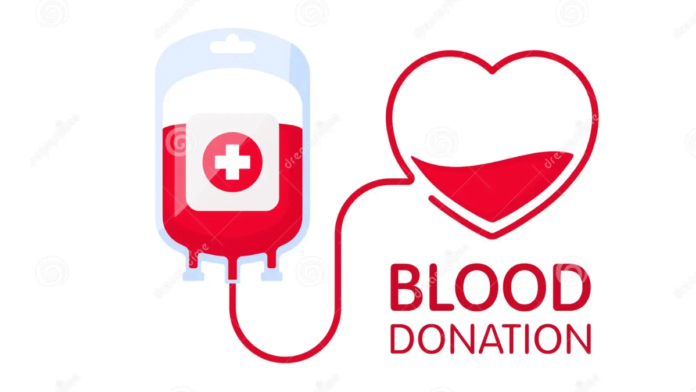Blood donation is a critical act of kindness that saves millions of lives every year. However, not everyone is eligible to donate blood. Understanding who can and cannot donate is essential for ensuring the safety and health of both the donor and the recipient. Here’s a detailed look at the criteria for blood donation and the conditions that disqualify potential donors.
Who Can Donate Blood?
- Healthy Adults:
Generally, healthy adults between the ages of 17 and 65 (in some countries, up to 70) can donate blood. Donors must weigh at least 50 kg (110 lbs) and be in good health at the time of donation. - Regular Donors:
People who regularly donate blood and meet the health requirements can continue to do so. It’s recommended to wait at least 8 weeks (56 days) between whole blood donations to allow the body to replenish its blood supply. - People with Controlled Conditions:
Individuals with well-managed chronic conditions such as hypertension or diabetes may still be eligible to donate, provided their condition is under control and they meet other health criteria. - Vaccinated Individuals:
People vaccinated for common diseases, including COVID-19, can donate blood, although a waiting period of a few days to weeks may be required depending on the vaccine type. - Travel History:
Travel history to malaria-endemic areas can affect eligibility. Donors who have traveled to such areas may need to wait for a specific period before donating blood.
Who Should NOT Donate Blood?
- Individuals with Certain Diseases:
People with infectious diseases such as HIV, hepatitis B and C, and syphilis are disqualified from donating blood to prevent transmission to recipients. - Recent Surgery or Illness:
Those who have recently undergone surgery or are recovering from a major illness should refrain from donating blood until fully recovered and cleared by a healthcare provider. - Low Hemoglobin Levels:
Individuals with anemia or low hemoglobin levels are advised against donating blood. Regular screenings for hemoglobin are conducted to ensure donors meet the necessary criteria. - Pregnant and Postpartum Women:
Pregnant women and those who have recently given birth should not donate blood. It’s recommended to wait at least six months postpartum before considering donation. - Risky Behaviors:
People who engage in high-risk behaviors, such as intravenous drug use or unprotected sex with multiple partners, are excluded from donating to safeguard the blood supply. - Recent Tattoos or Piercings:
Individuals who have recently had tattoos or piercings should wait 6 to 12 months before donating blood to reduce the risk of infection transmission. - Medications:
Certain medications can disqualify individuals from donating blood. It’s crucial to inform the blood donation center of any medications being taken to determine eligibility.
Blood donation is a noble act that can save lives, but it must be done safely. Ensuring donors meet the eligibility criteria helps protect both donors and recipients. If you’re considering donating blood, it’s important to consult with a healthcare provider or a blood donation center to confirm your eligibility. By understanding who can and cannot donate, we can maintain a safe and healthy blood supply for those in need.



